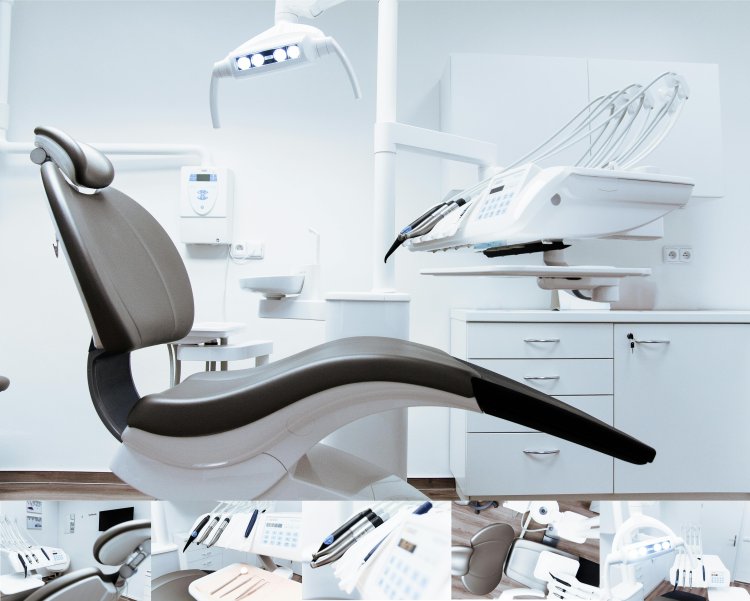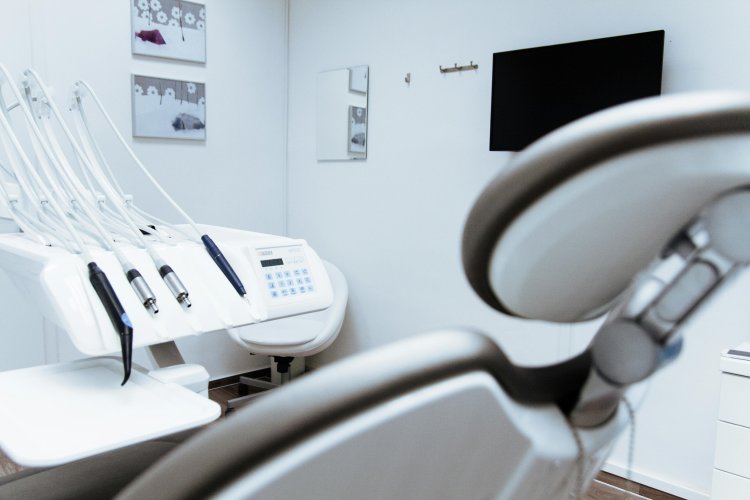What is wearable healthcare technology?
Wearable health care technology refers to electronic devices that individuals wear often on or close to the body to monitor various health parameters collect data and provide realtime information.
What is wearable healthcare technology?
Wearable Health Care Technology
Wearable health care technology refers to electronic devices that individuals wear often on or close to the body to monitor various health parameters collect data and provide realtime information.
These devices have gained popularity for their ability to allow individuals to actively participate in their health management enabling continuous monitoring and facilitating early detection of health problems.
Wearable health technology has evolved to include a range of devices with diverse functionalities contributing to personalized and proactive health care.
Examples of wearable health care technology
1. Fitness Trackers
Fitness trackers like Fitbit and Garmin devices monitor physical activity including steps taken distance traveled and calories burned. They often include additional features like heart rate monitoring and sleep tracking to promote overall health.
2. Smartwatch
Smartwatches like the Apple Watch and Samsung Galaxy Watch go beyond fitness tracking. They include features like heart rate monitoring ECG (electrocardiogram) functionality and fall detection. Smartwatches can also support thirdparty health apps.
3. Smart Clothes
Smart clothes integrate sensors directly into clothing allowing continuous health monitoring without the need for separate devices. Examples include smart shirts that monitor heart rate and respiratory rate providing an intuitive and unobtrusive solution.
4. Smart Glasses
Smart glasses such as Google Glass have applications in health care by providing augmented reality experiences for medical professionals. They can be used for handsfree access to patient information surgical assistance and telemedicine consultations.
5. Wearable ECG Monitors
Wearable ECG monitors such as the AliveCor CardiaMobile enable users to record their electrocardiogram anytime anywhere. These devices help detect irregular heart rhythms and can provide valuable data to health professionals.
6. Continuous Glucose Monitoring (CGM) Device
CGM devices such as Dexcom and Abbott help individuals with diabetes continuously monitor their glucose levels. These wearable sensors provide realtime data and trends helping users make informed decisions about their insulin management.
7. Wearable Blood Pressure Monitor
Wearable blood pressure monitors such as the Omron HeartGuide provide the convenience of monitoring blood pressure throughout the day. These devices provide information about variations in blood pressure and can aid in hypertension management.
8. Smart Rings
Smart rings like the Ora Ring focus on sleep and activity tracking. They monitor sleep patterns body temperature and physical activity providing information about overall health and wellbeing.
9. Wearable Respiratory Monitor
Wearable respiratory monitors such as those developed by Biointelligence track respiratory rate and other respiratory parameters. These devices are valuable for monitoring respiratory health and detecting early signs of respiratory problems.
10. PostureCorrecting Wearables
Posturecorrecting wearables like Upright Go help individuals improve their posture by providing realtime feedback. These devices can contribute to musculoskeletal health and prevent problems related to poor posture.
11. Wearable Medication Adherence Devices
Wearable devices designed to monitor medication adherence such as Pilsi's smart pill dispenser remind users to take medications on time and provide notifications to caregivers or healthcare providers when doses are missed .
12. Wearable Stress Tracker
Some wearable devices like the Wellby Stress Tracker focus on monitoring stress levels through various biometric indicators. The purpose of these tools is to increase awareness of stress patterns and promote stress management strategies.
13. Wearable UV Exposure Trackers
UV exposure trackers such as UV Sense by L'Oréal monitor exposure to ultraviolet (UV) radiation. These wearables help users manage sun exposure and reduce the risk of skin damage.
14. Wearable Fertility Trackers
Fertility trackers such as the Ava bracelet use physiological indicators to help individuals track their menstrual cycles monitor fertility and assist with family planning.
15. Wearable Neurotechnology Devices
Neurotechnology wearables like NeuroSky's devices measure brainwave activity. These tools are used in stress management meditation and enhancing cognitive wellbeing.
conclusion
The integration of wearable health care technology into daily life is changing the way individuals engage with their health. These tools empower users with personal health data promote preventive care and facilitate early intervention. As technology advances wearable health technology may play an increasingly important role in the broader landscape of healthcare.
What's Your Reaction?




















